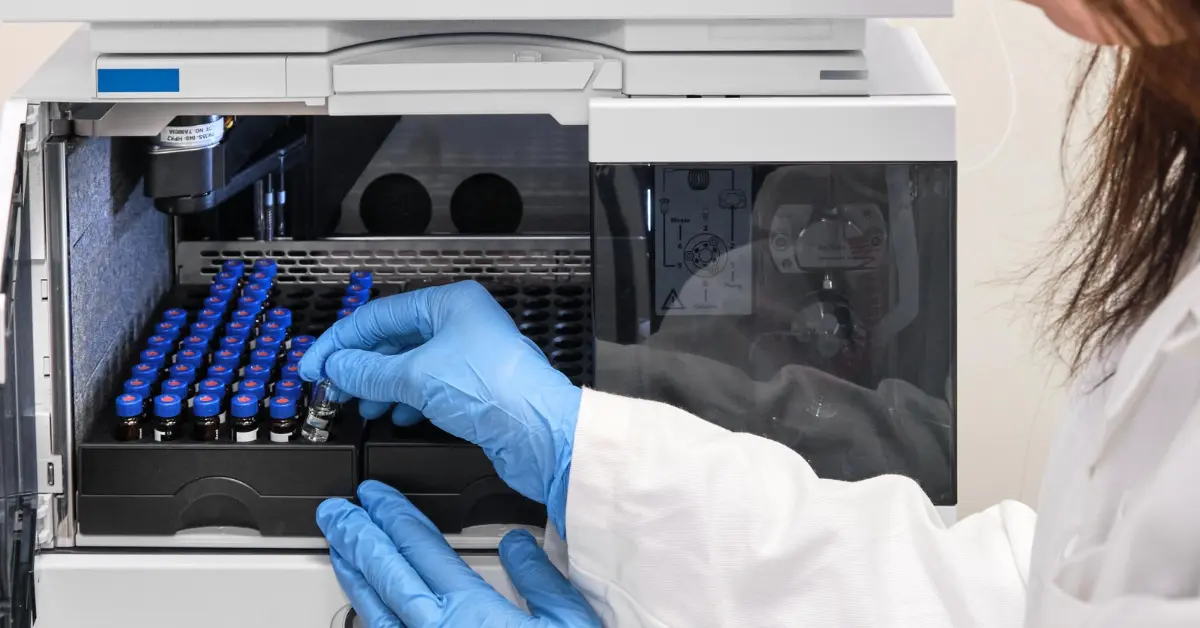
Safety Rate
Magnetic Assisted Cell Sorting (MACS) is a technique used to separate cells based on their physical properties, specifically the presence of certain proteins or antigens on the surface of the cells. The process involves using magnetic particles coated with antibodies that bind specifically to the target cells. When the sample is passed through a magnetic field, the magnetic beads are attracted to the target cells, allowing for their isolation and separation from other cells in the mixture.
This method is widely used in biomedical research, cell therapy, and diagnostic applications, as it provides a high level of specificity, speed, and reproducibility in isolating cells of interest.
The process of MACS involves several key steps:
MACS technology is versatile and can be used in a wide range of applications, including:
The success rate of MACS largely depends on the quality of the antibodies used and the specific cell type being isolated. In most cases, MACS achieves high purity levels of over 90%, making it one of the most reliable methods for cell isolation. However, as with any laboratory technique, success rates can vary depending on the conditions under which the sorting is performed.
Magnetic Assisted Cell Sorting (MACS) is a highly efficient and versatile technique for isolating specific cell types based on surface markers. Its applications in stem cell research, immunology, cancer research, and cell therapy make it a valuable tool for both clinical and research purposes. Whether in Chennai or globally, MACS is paving the way for advancements in medical treatments and scientific discoveries.
Meet our experienced team of anaesthesiologists dedicated to your safety and comfort
Take the first step toward parenthood. Book an appointment with our IVF team to receive expert guidance, emotional support, and advanced fertility solutions designed just for you.
MACS is used to isolate specific cell types from a heterogeneous sample based on surface markers. It enhances the purity and efficiency of cell sorting for research, diagnostic, and therapeutic applications.
MACS uses magnetic beads coated with antibodies to isolate cells, making it more precise and faster than other methods like flow cytometry or gradient centrifugation. It also allows for higher purity of isolated cells.
MACS is widely used in stem cell research to isolate stem cells with high purity, which is essential for studying differentiation, gene expression, and therapeutic applications. It ensures that the stem cells remain viable for further use.